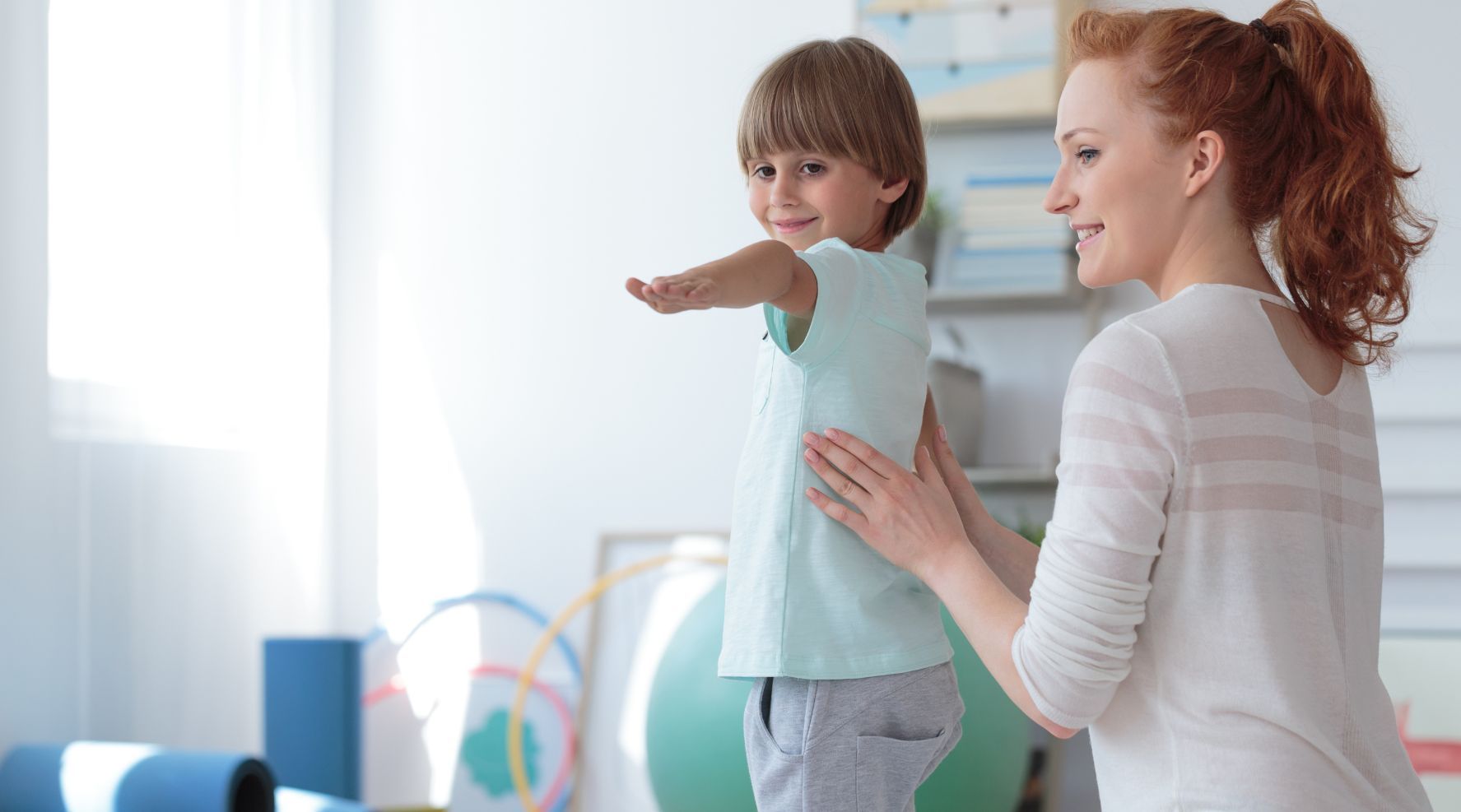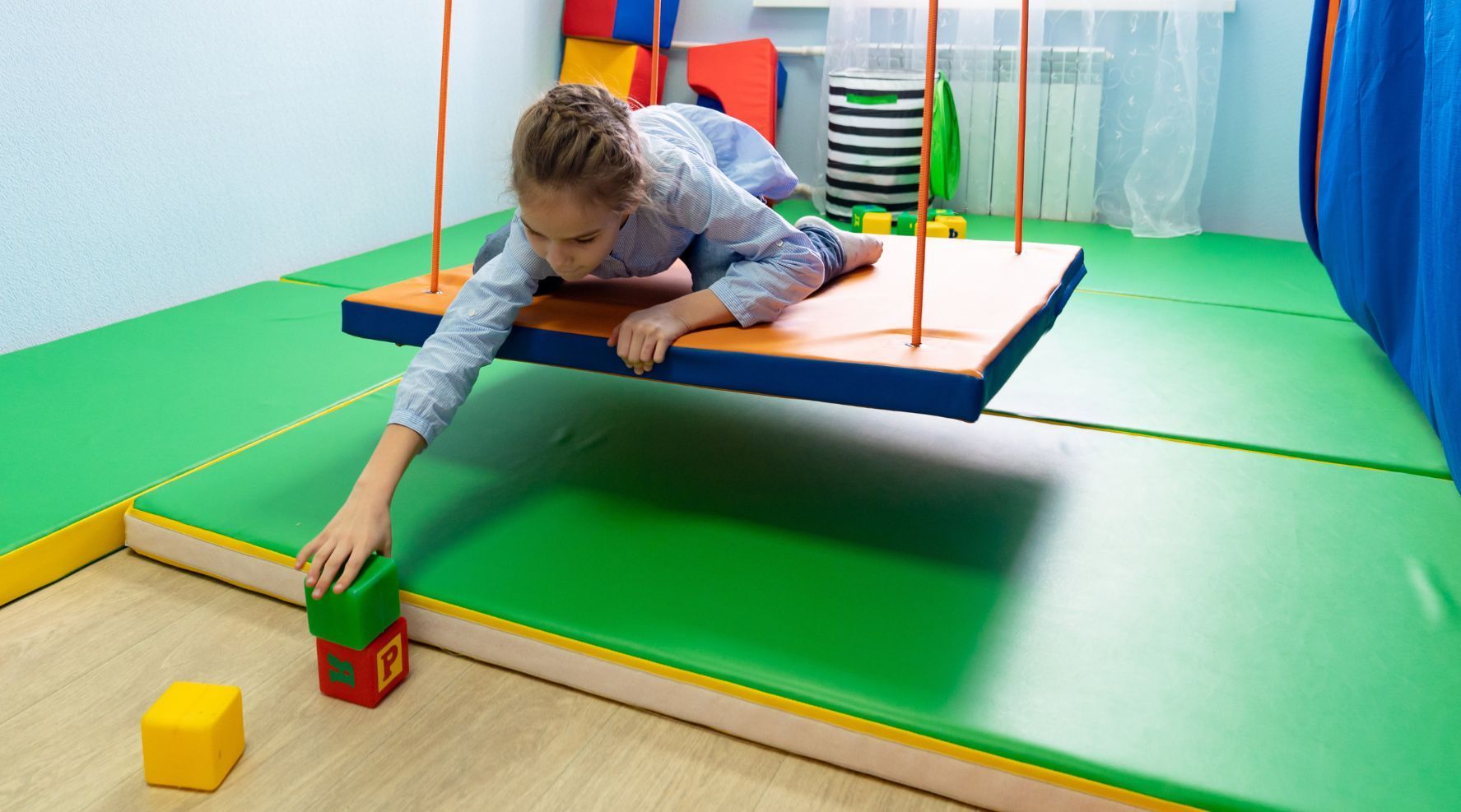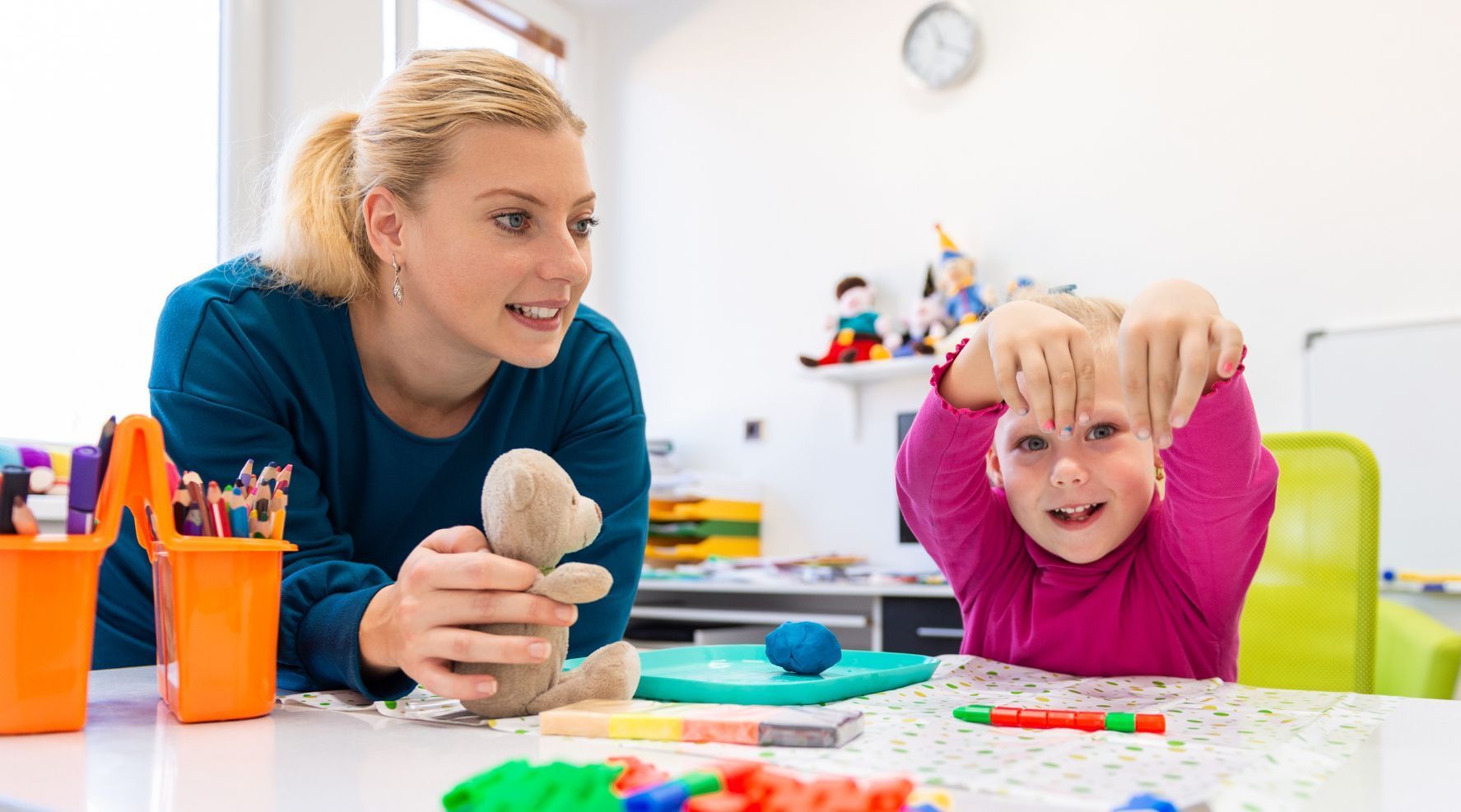The Benefits Music Can Have for Autistic Children
Many autistic children have an uncanny ability to memorize song lyrics, identify the sounds of different musical instruments, or learn how to play an instrument before they’re able to talk. Music has benefits for everyone, but the benefits music can have for autistic children are therapeutic and recreational.
Music Can Reduce Anxiety
Many autistic children display a heightened level of anxiety. The pressure to respond, perform, or interact can be overwhelming because these things are intensely uncomfortable for them. Music can have a calming effect.
Improves Communication
Music therapists have used music to help autistic children express their emotions or regulate their behavior. “Moving to the beat” can help harness sensory-seeking behavior and help a child who is bounding off the walls substitute dancing, stomping, or clapping for the potentially dangerous activity.
The rhythm of music can help autistic kids learn the cadence of speech or conversation, and music education can help them with social skills like cooperation, taking turns, and regulating the volume of their voices.
A 2018 study from the University of Montreal found that children participating in music therapy interventions had higher communication scores than a non-musical intervention group. The music group’s scores for connectivity between the visual and auditory parts of the brain were lower after the intervention, which was viewed as a positive as autistic brains are classified as “overconnected.” Functional brain connectivity was better. The study concluded that two to three months of individual music intervention could improve communication in autistic children.
Improves Motor Function
Hearing and motor functions are regulated in the same area parts of the brain. When exposed to music, autistic children can better coordinate their sensory inputs, improving motor skills.
Coupled with other forms of therapy, including using sensory integration therapy equipment, music can help autistic kids by reducing their frustration at being unable to communicate, helping them develop better social skills, and making them feel less anxious.
Many parents of autistic kids employ songs and music as soothers instinctively. Kids remember the lyrics of “teaching” songs, such as songs about how to say please and “thank you” or how to get dressed in the morning. Ask your speech and occupational therapist for recommendations for a music therapist to maximize the benefit of music for your autistic child.
Contact Royalty Sensory Gyms Today
Now's the time to start!
Contact Us
Thank you for contacting Royal Sensory Gyms.
We will get back to you as soon as possible.
Please try again later.
Hours of Operations
- Mon - Fri
- -
- Sat - Sun
- -
All Rights Reserved | Royal Sensory Gyms




